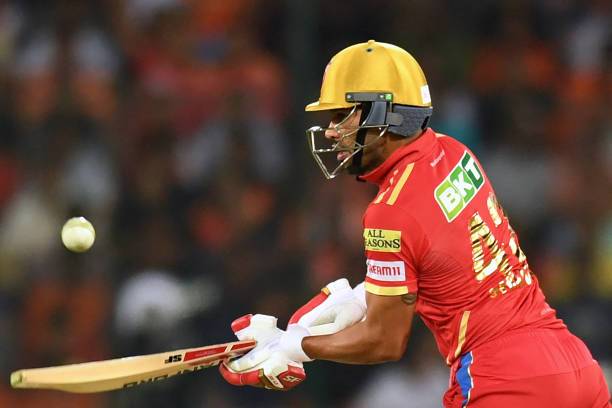Examining the Strategic Role of Data in IPL Team Success: 99exch, Reddy Anna Book, Allpanel
99exch, Reddy Anna Book, All Panel.com, Allpanel: Data analytics has fundamentally transformed the way IPL teams strategize and make decisions. Gone are the days of solely relying on intuition and gut feelings when it comes to team selection and tactics. Instead, teams are now leveraging data to gain valuable insights into player performances, opposition strategies, and overall team dynamics.
With the increasing availability of data in cricket, IPL teams are delving deep into player statistics to identify patterns and trends that can give them a competitive edge. From analyzing batting strike rates to bowler economy rates, every aspect of the game is now meticulously scrutinized to optimize team performance. As a result, data-driven decisions have become a cornerstone of success in the IPL, with teams continually refining their strategies based on the insights derived from data analytics.
Key Performance Indicators Used by IPL Teams
One of the main focal points for IPL teams is analyzing key performance indicators (KPIs) to evaluate player performances. Battling for the title requires meticulous scrutiny of various metrics to ensure each player’s contribution aligns with the team’s strategy and objectives. Consistent monitoring and tracking of KPIs play a crucial role in assessing player performance and aiding in decision-making processes for the team management.
Bowlers are assessed based on metrics such as economy rate, wicket-taking ability, and bowling average. These KPIs provide insights into a bowler’s effectiveness and impact during matches. On the other hand, batsmen are gauged on parameters like strike rate, average runs scored per inning, and boundary percentage. By analyzing these indicators, teams can identify players who perform consistently under pressure, adapt to various match situations, and contribute significantly to the team’s success.
Utilizing Data to Scout and Recruit Players
Data analytics has become an indispensable tool for IPL teams when it comes to scouting and recruiting players. By analyzing vast amounts of data on player performance, teams can identify talented individuals who possess the specific skills and attributes needed to succeed in the T20 format. This data-driven approach enables teams to make informed decisions based on statistical evidence rather than rely solely on subjective evaluations.
One of the key advantages of utilizing data for player recruitment is the ability to identify undervalued or overlooked talent. Through sophisticated data analysis, IPL teams can uncover hidden gems who may not have garnered as much attention but have the potential to make a significant impact on the team. By casting a wider net and delving into the nuances of player performance metrics, teams can make more strategic and precise recruitment decisions that ultimately contribute to their success on the field.







